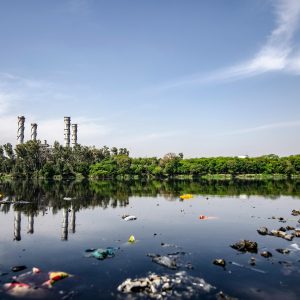Alarming surge in gender violence cases in South Africa
South Africa battles a surge in gender-based violence as victims seek justice.
JOHANNESBURG, South Africa (MNTV) – South Africa is facing a disturbing rise in gender-based violence (GBV), with new data showing a sharp increase in assaults, rapes, and femicides.
A report by AllAfrica reveals that activists and victims’ groups are demanding urgent government action to tackle what they call a national emergency.
Police statistics show that sexual offences rose by over 10% in the past year, with domestic violence cases also surging.
Women’s shelters report being overwhelmed, turning away survivors due to lack of space and resources.
“Every day, we bury another sister, another daughter,” said a Johannesburg-based women’s rights activist.
“The government keeps promising change, but the blood keeps flowing.”
President Cyril Ramaphosa has described GBV as South Africa’s “second pandemic” and pledged sweeping reforms, including harsher sentences for offenders, more funding for victim support services, and dedicated GBV courts.
However, critics say implementation has been slow and uneven.
Many survivors face barriers to justice, including police indifference, victim-blaming attitudes, and under-resourced courts.
Rural women and LGBTQ+ individuals are particularly vulnerable.
Grassroots organisations are stepping into the gap, offering counselling, legal aid, and emergency shelter.
Public outrage is also mounting, with mass protests and social media campaigns calling for accountability and cultural change.
Experts stress that ending GBV will require more than just tough laws.
“We need education, prevention, and a fundamental shift in attitudes toward women and girls,” said a professor of criminology at the University of Cape Town.
The government recently launched a National Strategic Plan on Gender-Based Violence and Femicide, but activists warn that it must be fully funded and properly enforced to make a real difference.
As South Africa grapples with this crisis, the voices of survivors grow louder, demanding a future free from fear, violence, and injustice.













